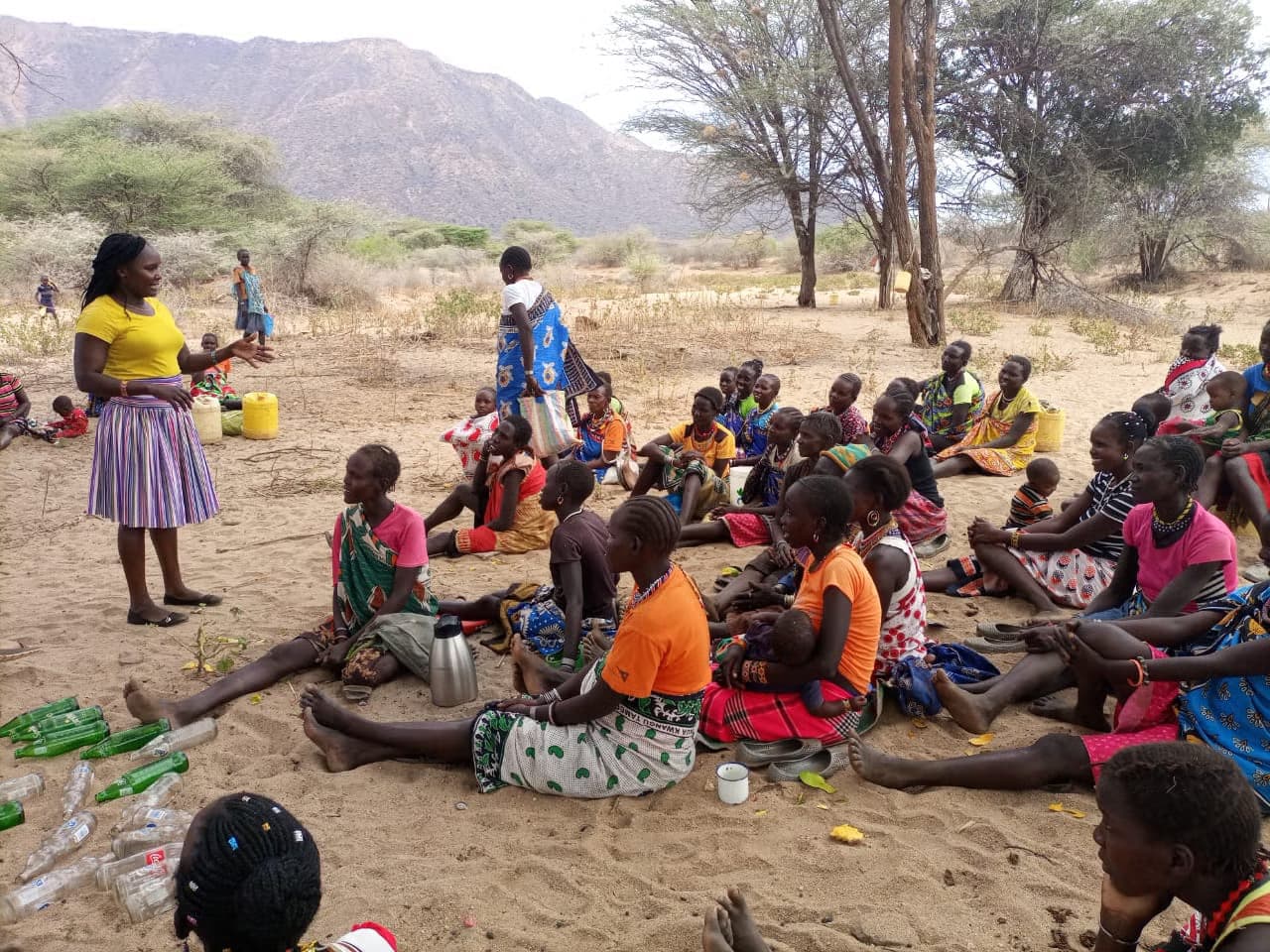We're loading the full news article for you. This includes the article content, images, author information, and related articles.
The annual school holidays and harvest season are anticipated to fuel a rise in Female Genital Mutilation (FGM) cases in West Pokot County, a region with one of Kenya's highest prevalence rates, driven by cultural pressures and economic hardship.

As schools in West Pokot County close for the holidays, anti-FGM campaigners and local authorities are bracing for a potential surge in Female Genital Mutilation (FGM) cases. This concern follows a recent incident in Nasanai village, where two sisters, aged 12 and 19, and their 40-year-old mother were arrested for undergoing and facilitating the outlawed practice. The arrests have cast a spotlight on how FGM persists in remote areas, often conducted secretly at night within homes, stripped of traditional ceremonies.
The timing of school closures, coupled with harvest celebrations, creates a conducive environment for FGM, as girls are out of the protective school environment and families may face economic pressures. Domtila Chesang, an anti-FGM ambassador with the I-Rep Foundation, warned that even with schools currently in session, cases are being reported, and the situation is expected to worsen in December.
Kenya enacted the Prohibition of Female Genital Mutilation Act in 2011, making the practice illegal and imposing severe penalties, including a minimum of three years' imprisonment or a fine of at least KSh 200,000. The law also criminalises medicalised FGM, cross-border FGM, failure to report cases, and the use of derogatory language against uncut women. The Children Act of 2001 (revised 2016) and the Children Act of 2022 further protect children from harmful cultural practices.
Despite this robust legal framework, FGM remains deeply entrenched in some communities, particularly in West Pokot, where cultural pressure, poverty, and stigma continue to drive the practice. The national prevalence of FGM among women aged 15-49 in Kenya has significantly declined from 38% in 1998 to 15% in 2022, according to the Kenya Demographic and Health Survey (KDHS) 2022. However, West Pokot County records an alarmingly high prevalence of 44%, making it one of the counties with the highest rates in the country.
FGM in West Pokot is often linked to marriage customs, bride price negotiations, and social status, with girls undergoing the cut to be considered eligible for marriage. Economic hardship can further exacerbate the situation, as families may marry off their daughters for dowry income.
The practice has severe and lasting consequences for girls, including significant health risks, psychological trauma, and disruption to their education. Girls who undergo FGM are more likely to drop out of school, impacting their future opportunities. School closures, as experienced during the COVID-19 pandemic, have historically led to an increase in FGM, child marriage, and teenage pregnancies, as girls lose the protective environment of schools.
Organisations like the I-Rep Foundation, founded by Domtila Chesang, are working at the grassroots level in West Pokot to combat FGM and child marriage. They engage in civic education, community advocacy meetings, and support for alternative rites of passage. The Anti-FGM Board also conducts awareness campaigns and works with local administrations to enforce the law.
Despite these efforts, challenges persist, including limited law enforcement in remote areas, community silence, and the adaptation of perpetrators who conduct FGM in secret. The terrain also poses logistical difficulties for rescue efforts. The lack of proper rescue centres in West Pokot further complicates the protection of at-risk girls.
The coming weeks, coinciding with school holidays, will be critical for monitoring FGM cases in West Pokot. Increased vigilance from local authorities, community leaders, and anti-FGM campaigners will be essential. The effectiveness of community-led initiatives and the enforcement of existing laws will be key in protecting girls from this harmful practice. Continued investment in education and economic empowerment for girls and women is crucial to address the root causes of FGM.
Keep the conversation in one place—threads here stay linked to the story and in the forums.
Sign in to start a discussion
Start a conversation about this story and keep it linked here.
Other hot threads
E-sports and Gaming Community in Kenya
Active 9 months ago
The Role of Technology in Modern Agriculture (AgriTech)
Active 9 months ago
Popular Recreational Activities Across Counties
Active 9 months ago
Investing in Youth Sports Development Programs
Active 9 months ago